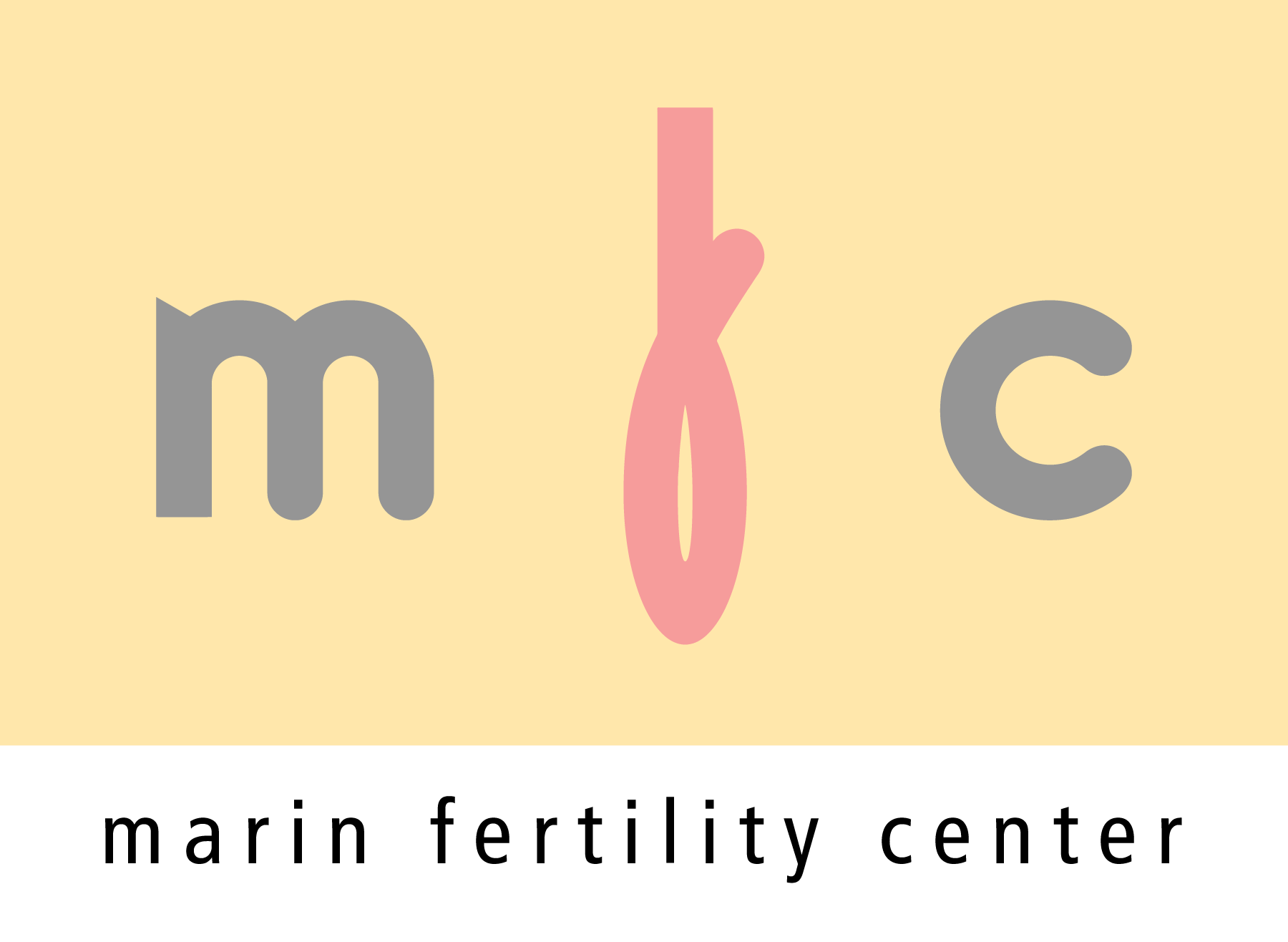What are the success rates of IVF?
Reproductive success requires a complex interplay of many factors including the health of the uterus and the quality of the sperm, but the single most powerful predictor (by far) is the age of the female partner (or source of the egg). Female age is the number one determinant of egg quality and egg quality is the number one determinant of the reproductive potential of an embryo. An easy way to understand the relationship between age and IVF success is to divide ages into groups. Starting with a 34 year old (or younger) female as having the best prognostic age, success with IVF drops by about 10% every 2-3 years of age and after the age of 42 drops even more significantly. To mitigate this decreased potential of embryos associated with aging, many patients will elect to undergo screening of embryos with a technology known as preimplantation genetic testing for aneuploidy (PGT-A). By using PGT-A, implantation rates can be expected to be as high as 60-65% per single embryo (with miscarriage risks decreased to only 5-10%), regardless of age.
